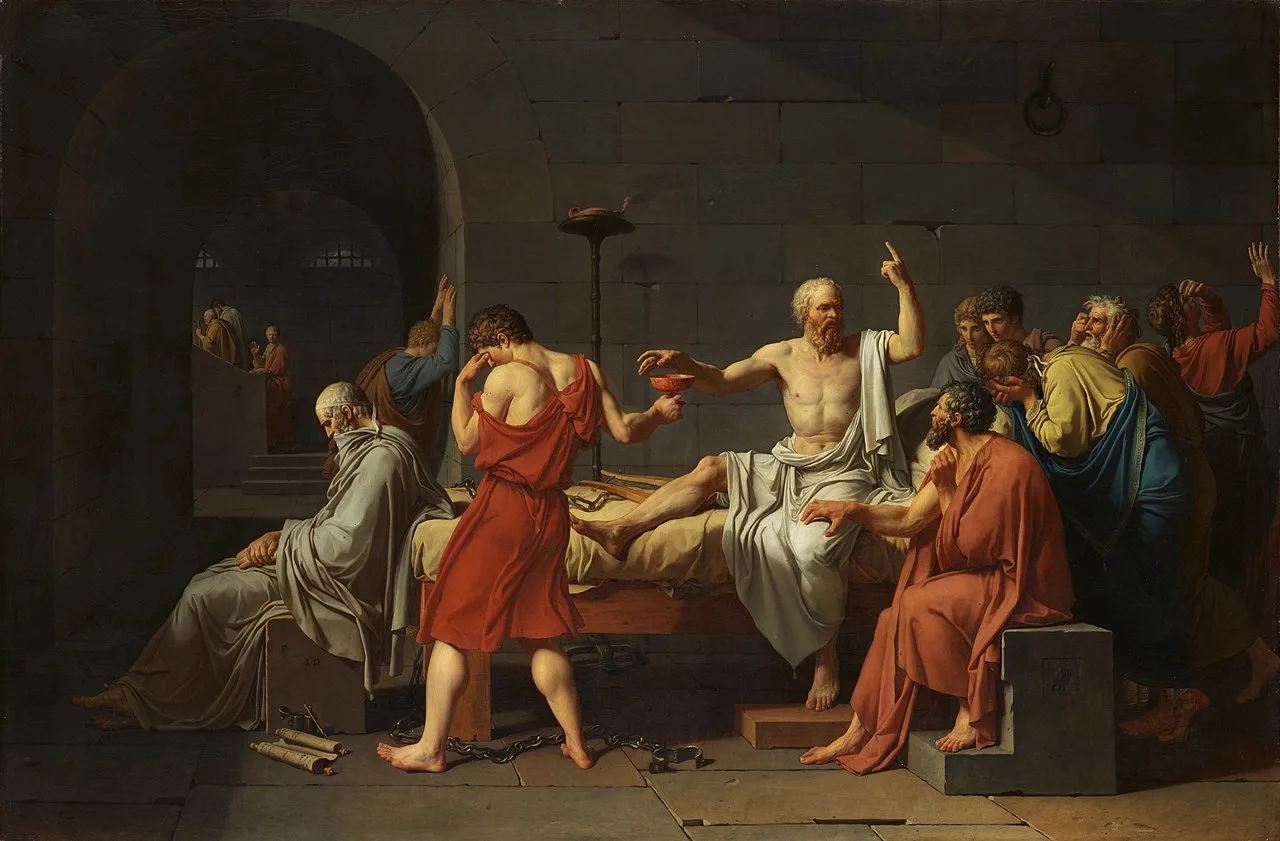Introduction
What compels a soul to turn toward the divine? Throughout the ages, literature has chronicled the human search for meaning, belonging, and transcendence. Among its most powerful and personal themes is the experience of spiritual conversion—the moment a character (or real person) turns toward faith, redefines their identity, and begins a journey of divine love.
This article explores how conversion experiences have been portrayed in literature across cultures and time periods revealing not only religious transformation but deep human longing for connection, peace, and purpose.
What Is a Conversion Experience in Literature?
In literary terms, a conversion experience typically refers to a character’s sudden or gradual shift in spiritual belief or religious identity. These moments often carry dramatic, emotional, and philosophical weight. Conversion isn’t always religious—it can also mean a shift in worldview, moral awakening, or identity transformation.
But in the spiritual sense, such experiences often depict a movement from confusion to clarity, from alienation to belonging, or from despair to redemption.
Classic Works: The Confessions and the Road to God
One of the earliest and most influential literary accounts of spiritual conversion is St. Augustine’s Confessions. Written in the 4th century, it’s a raw, introspective narrative of a man wrestling with temptation, intellectual pride, and emptiness until he finds solace and truth in Christian faith. Augustine’s inner conflict and final surrender still resonate deeply with readers, religious or not.
Similarly, John Bunyan’s Grace Abounding to the Chief of Sinners and his allegorical The Pilgrim’s Progress reflect the Christian conversion journey as a struggle through doubt, guilt, and worldly distraction, toward salvation and divine love.
Modern Fiction: Conversion as Transformation, Not Indoctrination
In modern literature, conversion experiences are often more nuanced and psychological. Rather than dramatic “Damascus Road” revelations, we see characters slowly shifting through inner conflict and existential exploration.
-
In C.S. Lewis’s Surprised by Joy, the author documents his transition from atheism to faith through reason, imagination, and personal longing a “reluctant convert” whose heart was captured by divine love rather than fear.
-
In Marilynne Robinson’s Gilead, Reverend Ames’s quiet reflections on grace, aging, and forgiveness reveal a faith deepened by contemplation, not conquest.
-
Shusaku Endo’s Silence presents a haunting portrayal of a missionary’s crisis of faith in 17th-century Japan, questioning martyrdom, silence of God, and the limits of human conviction.
These works highlight that conversion is not always about certainty it’s often about wrestling, surrender, and mystery.
Islamic and Sufi Perspectives: The Beloved and the Seeker
In Islamic and particularly Sufi literature, the idea of divine love is central. Conversion is often portrayed not as a doctrinal shift but as a return to one’s true origin a reunion with the Divine Beloved.
-
Rumi’s poetry is rich with longing, surrender, and ecstatic love for God. His spiritual awakening under Shams of Tabriz wasn’t a change in religion it was a transformation of the heart.
-
In Attar’s Conference of the Birds, each bird represents a soul seeking union with the divine. Their journey toward enlightenment mirrors the inner conversion of the self toward humility, truth, and love.
This mystical dimension of conversion emphasizes love over fear, union over separation, and the inner over the outer.
Why Readers Are Drawn to Stories of Spiritual Awakening
Stories of conversion whether dramatic or subtle resonate because they reflect something deeply human: the desire to be found, to be forgiven, to be whole. Whether the reader is religious, spiritual-but-not-religious, or secular, these stories touch on themes of:
-
Identity and transformation
-
Loss and meaning
-
Love beyond the self
-
Truth, even when it costs something
In an age of cynicism and noise, such stories offer glimpses of clarity, beauty, and sacred longing.
Conclusion: Divine Love as the Ultimate Journey
From Augustine to Rumi, from Bunyan to Marilynne Robinson, literature across centuries has revealed one simple truth: the human heart is always searching for purpose, for peace, for the divine. Conversion stories, at their best, are not about one religion over another they are about love that transforms, truth that humbles, and grace that invites.
To read such literature is not just to observe someone else’s journey it’s to reflect on our own.









